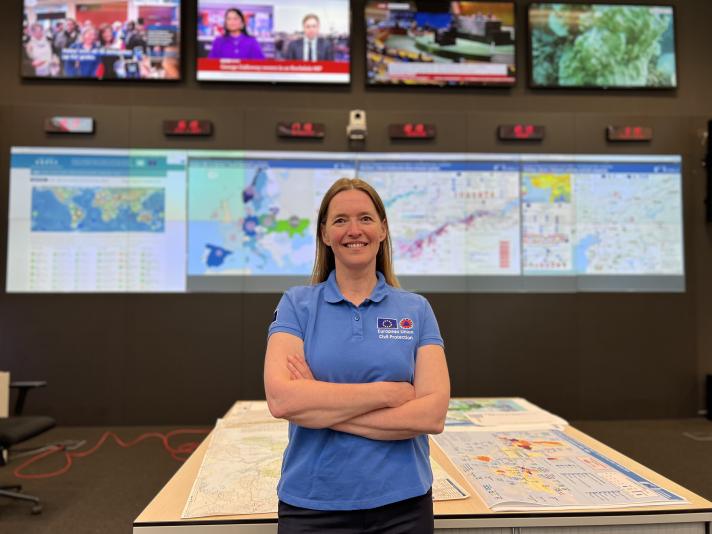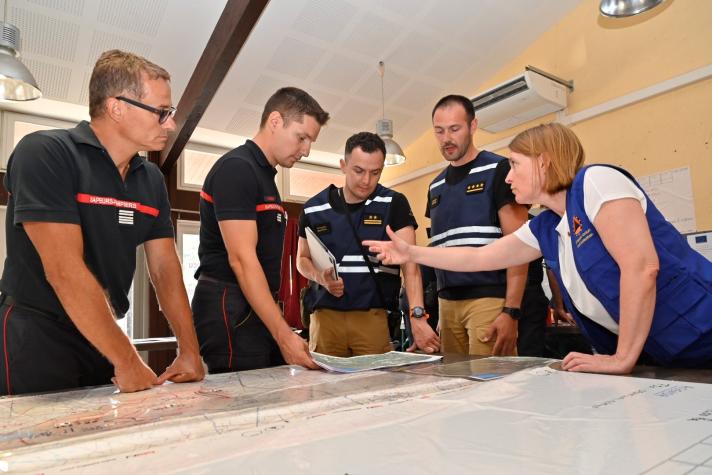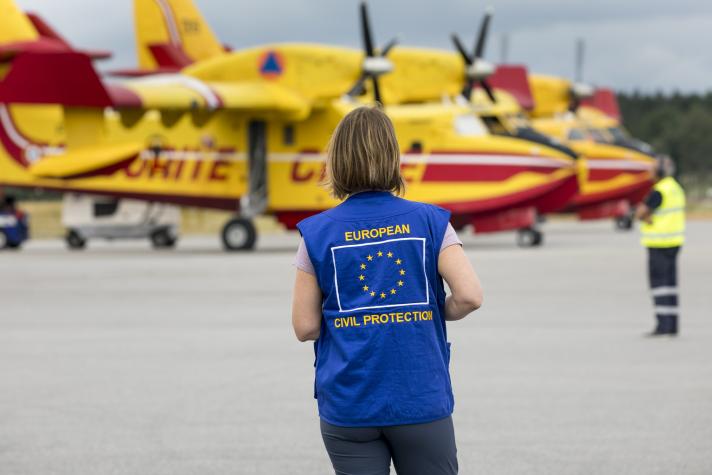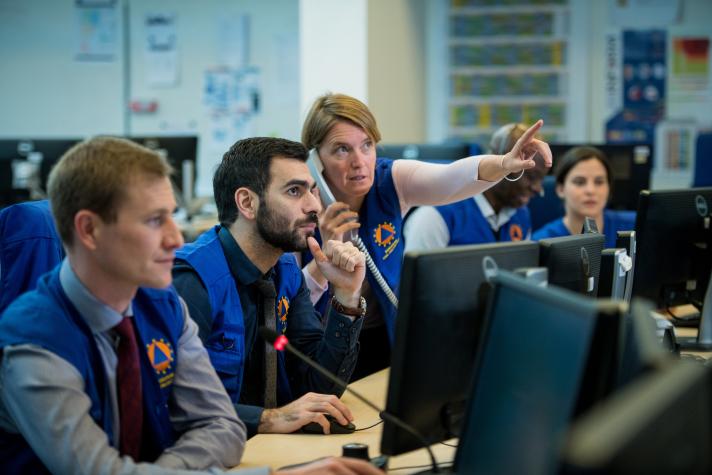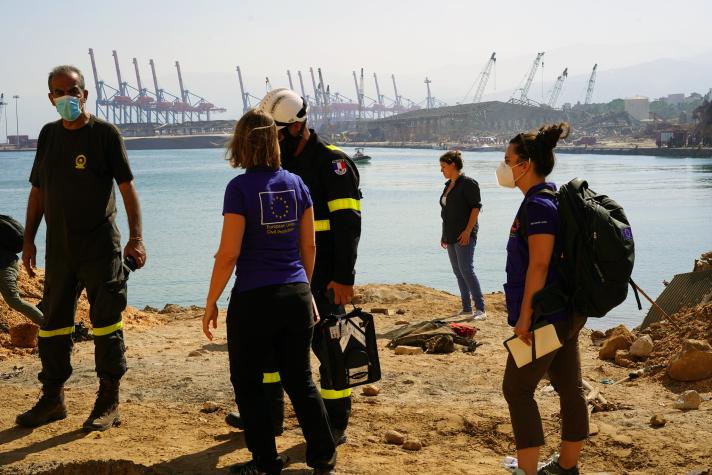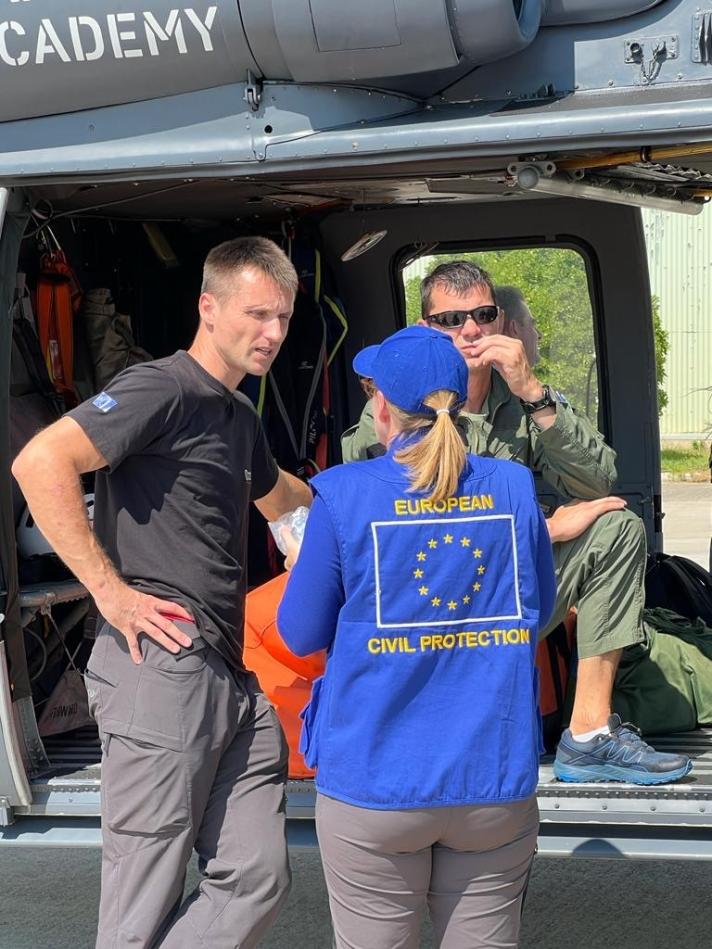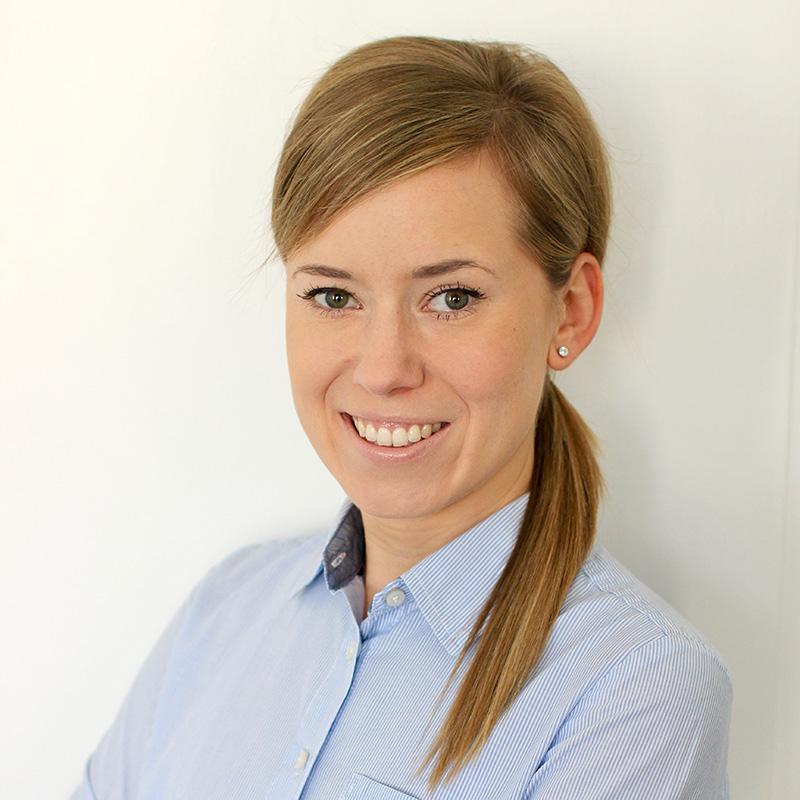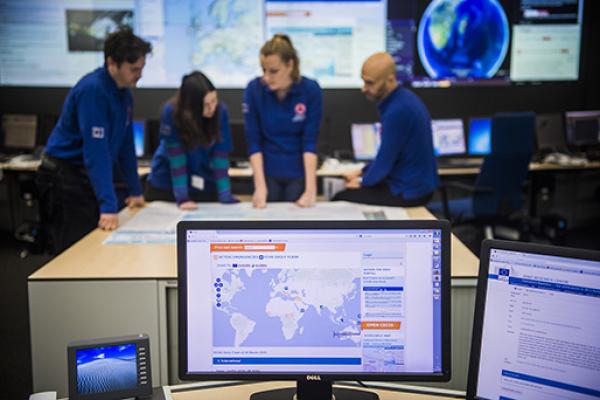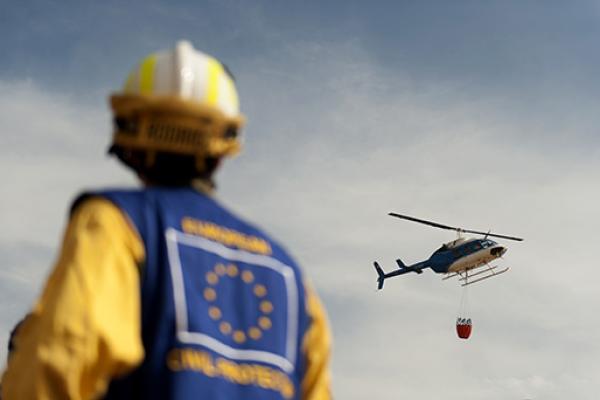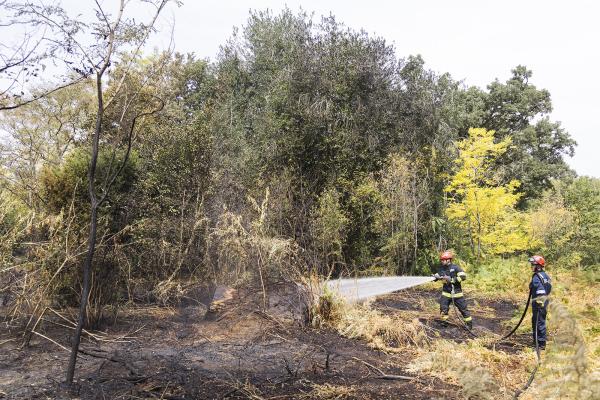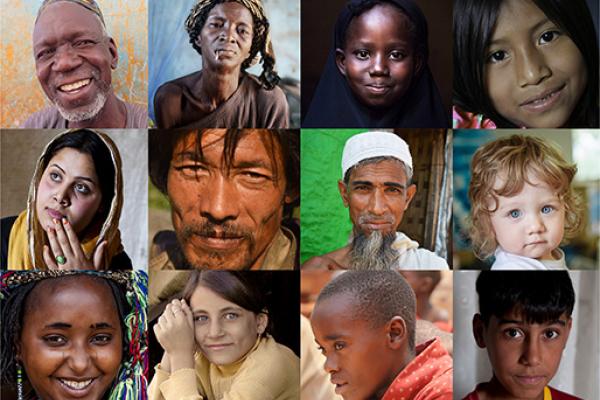Studying tropical cyclones turned out to be too boring, so she turned to firefighting instead. 30 years later, Claire Kowalewski is helping to make the EU’s wildfire response as fast and efficient as possible.
On International Women’s Day, we asked her about the beginning of her professional journey in France, the challenges she has faced as a female civil protection officer, and the “invisible” obstacles making women hesitant to pursue a career in firefighting.
What did you want to become when you were a child?
As far as I remember, I wanted to become an astronaut.
That’s quite original! Where did this idea come from?
I don’t really know. My parents don’t have any scientific background. I was simply fascinated by nature, and especially by the sky and its vastness. That was my early childhood dream. Later, when I started my studies in physics, I wanted to become a meteorologist and study tropical cyclones.
You eventually became a firefighter, though. What changed your mind?
During my studies, I did a traineeship in meteorology, but I found it too boring. Luckily, my passion for swimming guided me towards civil protection: one summer break, I went to the South of France to work as a lifeguard with the status of a volunteer firefighter. Soon after that, I passed a national exam to become a professional fire officer and joined the National Higher School of Fire Officers.
Did you have any role models?
Not really. When I started, only 2% of all the fire service staff in France were women.
How many are there now?
Around 5%.
That’s not a big increase. What’s stopping women from joining the fire service?
I really don’t know. I did try to “blaze a trail”, and even became one of the first female firefighter-scuba divers in France! I hoped others would follow, but change takes time.
There are still a lot of “invisible” obstacles, including the belief that this profession is not a good fit for women. I couldn’t disagree more. Since I signed my first firefighting contract 30 years ago, I haven’t witnessed a single situation where gender would prevent a woman from delivering on a task.
What do you remember the most about the start of your firefighting career in France?
At the age of 27, I was head of a fire brigade composed of 70 men, many of whom were my father’s age. So what?! When you choose this profession, you know you will be in the minority, and it shouldn’t come as a surprise. You need to be mentally prepared and find the right balance between being rigorous and respected as a boss and being likeable as a member of the community.
What is the biggest challenge you have faced as a female civil protection officer?
Sometimes you feel you need to prove yourself a bit more and always remain fully professional, because any mistake may be used against you and against other women who will follow in your footsteps.
It’s as if you were constantly in the spotlight. You feel this additional responsibility, even if it’s self-imposed.
When I started my career and oversaw an emergency response operation, be it a car accident or a huge building fire, I often got asked “Are you a nurse?”, usually by those who didn’t know how to read the rank from the uniform. I wouldn’t call it a challenging situation, though. I knew there was no bad intention behind this question. I would just reply “No, I’m the incident commander”, and move on.
What’s your rank now?
I’m a colonel.
You joined the EU Civil Protection in 2016. What’s your role within the organisation, and what do you like the most about this job?
I use my professional background and expertise to improve EU disaster response, especially in the field of forest firefighting.
It’s very gratifying to develop concepts and then see them implemented on an international level. A good example would be the pre-positioning of firefighters from across Europe in high-risk areas, mainly in the south, in anticipation of major wildfires. It was me who first suggested this preparedness measure.
Another rewarding part of the job is acting as an EU liaison officer in the aftermath of disasters. It’s like being the conductor of an orchestra composed of many musicians, each playing a different instrument: the EU Emergency Response Coordination Centre, local authorities, response teams... I try to make everyone work in harmony, and in the best and safest conditions.
Is there any deployment you remember more than others?
When I’m on a mission, I’m on a mission: no matter the country or type of incident, I give every deployment the same importance and level of concentration.
But 2021 was a particularly intense wildfire season. We sent 1,200 firefighters and several firefighting planes to Greece, and there were a lot of things to manage simultaneously on the ground.
As a liaison officer, you can see the strengths and weaknesses of a country’s crisis management systems, and you can help to improve them.
I always come back with lessons learnt for myself and for others. You cannot come back from a mission without any suggestions for improvement. There is always a way to make disaster response more efficient. I feel I contribute to that through my deployments. This may be my favourite part about the job.
What advice would you give to young girls who want to work in civil protection in the future?
Just do it! The doors are open and, trust me, the obstacles you might hear or think about are not real. I’m sure you will have a wonderful and exciting career which you will never regret.

